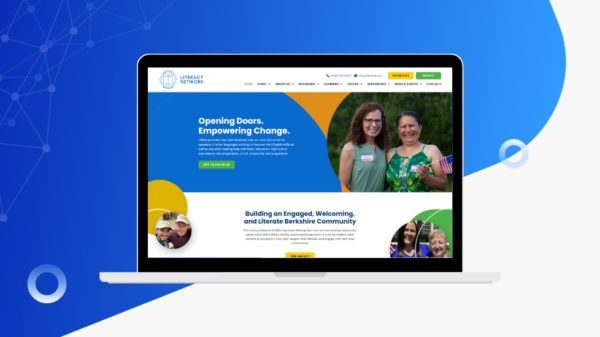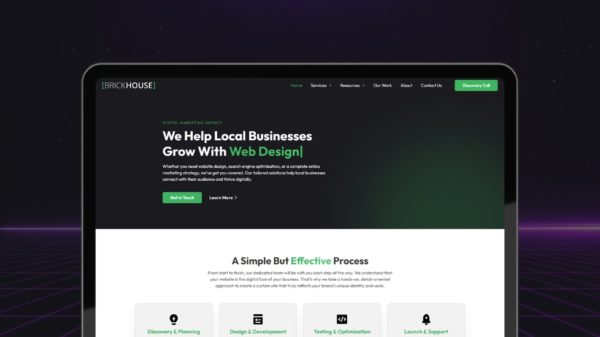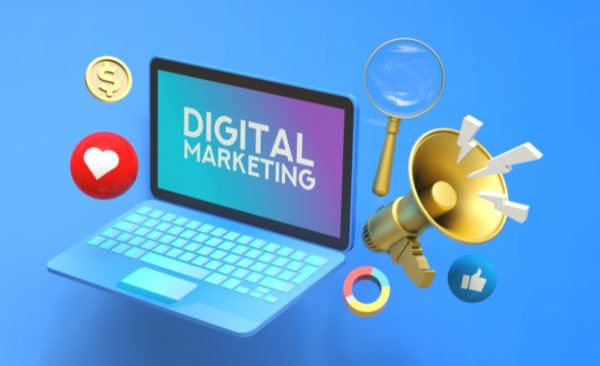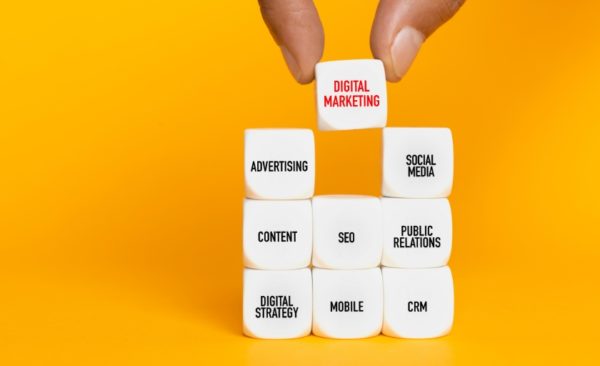As a small business owner, you’re always looking for ways to attract more customers and grow your business. In today’s digital age, one of the most effective ways to do this is by investing in search engine optimization (SEO).
SEO is the process of optimizing your website to rank higher in search engine results pages (SERPs), making it easier for potential customers to find you online. With over 46% of all Google searches being for local information, having a strong SEO strategy is crucial for small businesses looking to reach their target audience.
In this article, we’ll dive into the importance of SEO for small businesses in 2024 and provide you with actionable tips to help you develop a winning strategy. By the end, you’ll understand why SEO is no longer optional and how it can help you take your business to new heights.
Understanding SEO
Search engine optimization (SEO) is the practice of improving your website’s visibility and ranking in search engine results pages. The goal of SEO is to attract more organic (non-paid) traffic to your website by making it more relevant and valuable to users.
There are three main components of SEO:
- On-page SEO: This involves optimizing your website’s content and structure to make it more search engine friendly. This includes using relevant keywords in your titles, meta descriptions, and content, as well as ensuring your site is easy to navigate.
- Off-page SEO: This refers to activities outside of your website that impact your search engine rankings, such as building high-quality backlinks from other reputable websites and leveraging social media to drive traffic.
- Technical SEO: This focuses on improving your website’s technical aspects, such as site speed, mobile-friendliness, and security. These factors play a crucial role in how search engines crawl and index your site.
By understanding these key components of SEO, small business owners can develop a comprehensive strategy to improve their online visibility and attract more customers.
The Benefits of SEO
Investing in SEO can lead to increased visibility and traffic for your small business website. By ranking higher in search results, you’ll attract more potential customers who are actively searching for your products or services. SEO is also a cost-effective marketing strategy compared to paid advertising, providing a better return on investment in the long run.
Moreover, appearing at the top of search results can enhance your business’s trust and credibility in the eyes of potential customers. SEO analytics tools provide valuable insights into customer behavior, allowing you to refine your strategy and gain a competitive advantage in your market.
Steps to Develop an Effective SEO Strategy
Developing an effective SEO strategy starts with thorough keyword research. Identify the terms and phrases your target audience uses when searching for products or services like yours. Use tools like Google Keyword Planner to find relevant keywords and assess their search volume and competition level.
Next, create high-quality, relevant content that incorporates your target keywords naturally. Your content should provide value to your audience and address their needs and pain points. Regularly publishing blog posts and other informative content can help attract and retain visitors.
On-page optimization is another crucial aspect of your SEO strategy. Ensure that your website’s meta tags, headings, and images are properly optimized for your target keywords. Use descriptive, keyword-rich titles and alt tags to help search engines understand your content better.
Finally, regularly monitor your SEO performance using tools like Google Analytics. Track your keyword rankings, website traffic, and other key metrics to identify areas for improvement and make data-driven decisions to refine your strategy.
Common SEO Challenges
Implementing an effective SEO strategy can be challenging for small businesses due to several factors:
Limited Resources: Small businesses often have tight budgets and limited time to dedicate to SEO, making it difficult to invest in the necessary tools and training.
Keeping Up with Algorithm Updates: Search engines frequently update their algorithms, which can impact rankings. Staying current with these changes and adapting accordingly can be time-consuming.
Measuring Success: Quantifying the impact of SEO efforts can be challenging, especially for those not well-versed in web analytics. Setting clear goals and tracking the right metrics is crucial for understanding the ROI of your SEO strategy.
Competitive Landscape: Some industries are highly competitive, with many businesses targeting the same keywords and audiences. This can make it harder to rank well in search results.
Technical Hurdles: Optimizing a website for search engines involves technical factors like site speed, mobile-friendliness, and structured data. Small businesses may lack the in-house expertise to tackle these issues effectively.
Despite these challenges, small businesses can still succeed with SEO by staying focused on their goals, prioritizing high-impact tactics, and seeking expert help when needed.
Final Thoughts
Search engine optimization is a crucial component of any small business’s online marketing strategy in 2024. By prioritizing SEO, you can increase your website’s visibility, attract more qualified leads, and ultimately drive business growth. Staying current with the latest SEO trends and best practices will be essential for staying competitive and achieving long-term success.
If you haven’t already invested in SEO for your small business, now is the time to take action. Consider partnering with an experienced SEO agency like Brick House. Our team of experts can provide tailored guidance and support to help you develop and implement a strong SEO strategy that aligns with your unique business needs and goals. By working with Brick House, you’ll be well-positioned to thrive online and achieve your growth objectives in the coming years.













